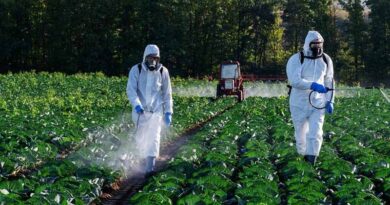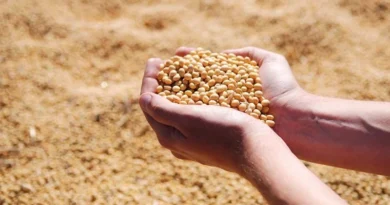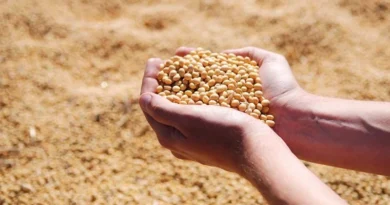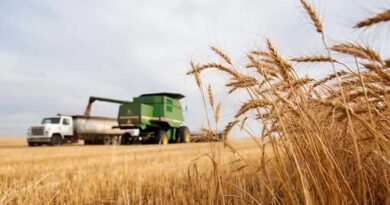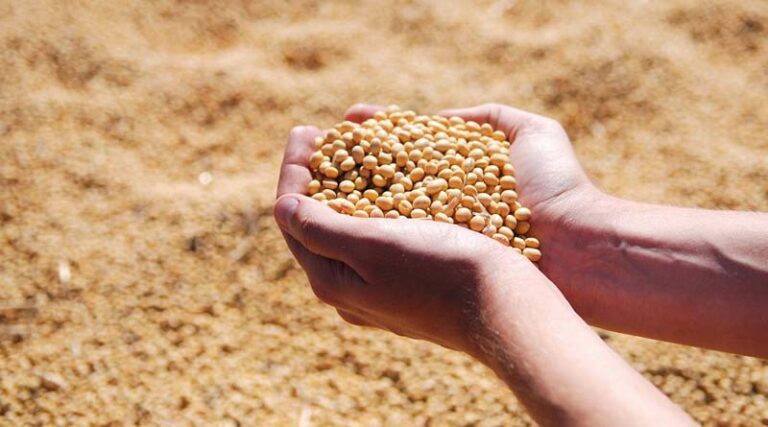
Mato Grosso’s Soybean Production Nears EU Deforestation Compliance
29 September 2025, Brazil: A new analysis reveals that over 97% of Mato Grosso’s soybean cultivation area already meets the strict deforestation-free and legal standards of the European Union Deforestation Regulation (EUDR), which comes into effect at midnight on December 31.
The findings from a detailed study of Brazil’s largest soy-producing state indicate a high level of readiness for the upcoming legislation, which prohibits imports of commodities linked to deforestation after December 31, 2020.
Mato Grosso, which accounts for approximately 27% of Brazil’s soybeans, is a critical component of global supply chains. Its compliance status with the EUDR is viewed as a positive case study for other producing regions, demonstrating that large-scale agriculture can align with environmental goals through robust monitoring and legal enforcement.
The analysis, which examined every major soy farm in the state, used a data-driven approach, cross-checking cultivation areas against three key EUDR criteria:
- No forest clearing after the December 2020 cutoff date.
- Valid legal registration of farmland.
- No overlap with protected forests or other legally restricted areas.
The study found that 97.21% of the state’s soy farmland is compliant, with just 2.79% flagged as non-compliant. The non-compliant plots were primarily due to post-2020 forest clearance, cultivation within protected areas, or unclear land registration. These plots were concentrated in a small number of northern and northwestern districts, with no districts classified as “high risk” overall.
This high compliance rate coincides with a significant decline in deforestation within the state. After spiking to nearly 500,000 hectares in 2020 and remaining high into 2022, deforestation in Mato Grosso fell sharply in 2023 to about 200,000 hectares.
The report notes that while progress is significant, some challenges remain to ensure full compliance before the EUDR’s application at the end of 2025. These include achieving full farm-to-port traceability in complex supply chains, maintaining continuous monitoring to prevent new deforestation, and accelerating the land registration process for unregistered farms.
The study was carried out by MosaiX, a Netherlands-based company delivering innovative, sustainable solutions for a better future. They have long-established partnerships with some of the world’s leading FMCG brands, as well as companies across the supply chain, including plantation companies, processors, manufacturers, and even biofuel producers.
Their Agriplot Due-Diligence System, developed in partnership with PT Inovasi Digital, is already supporting a dozen companies in meeting the EU Deforestation-free Regulation (EUDR).
They turn complex environmental data into real-world insights by combining satellite imagery, accurate land plot maps, and deep sector expertise, empowering organisations to meet compliance, advance sustainability, and thrive in a rapidly evolving business landscape.
Also Read: Coffee Board Opens Draft Sustainability Standards for Indian Coffee to Stakeholder Feedback
📢 If You’re in Agriculture, Make Sure the Right People Hear Your Story.
From product launches to strategic announcements, Global Agriculture offers unmatched visibility across international agri-business markets. Connect with us at pr@global-agriculture.com to explore editorial and advertising opportunities that reach the right audience, worldwide.

